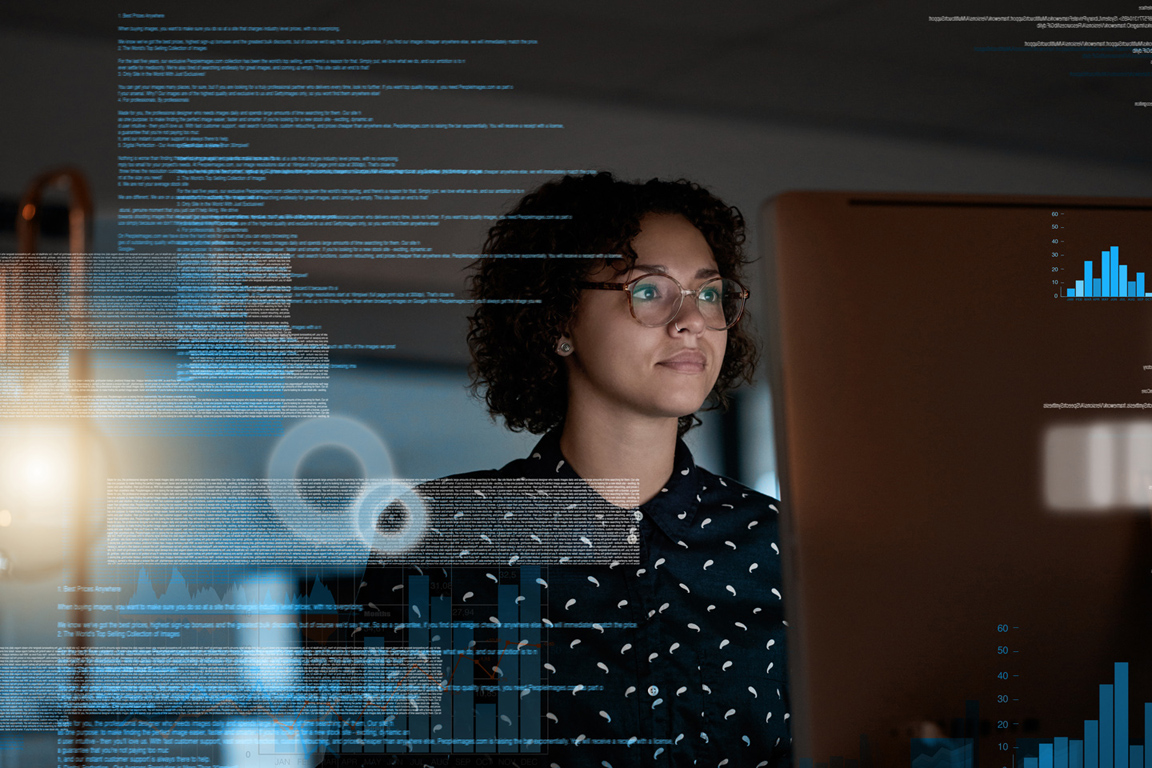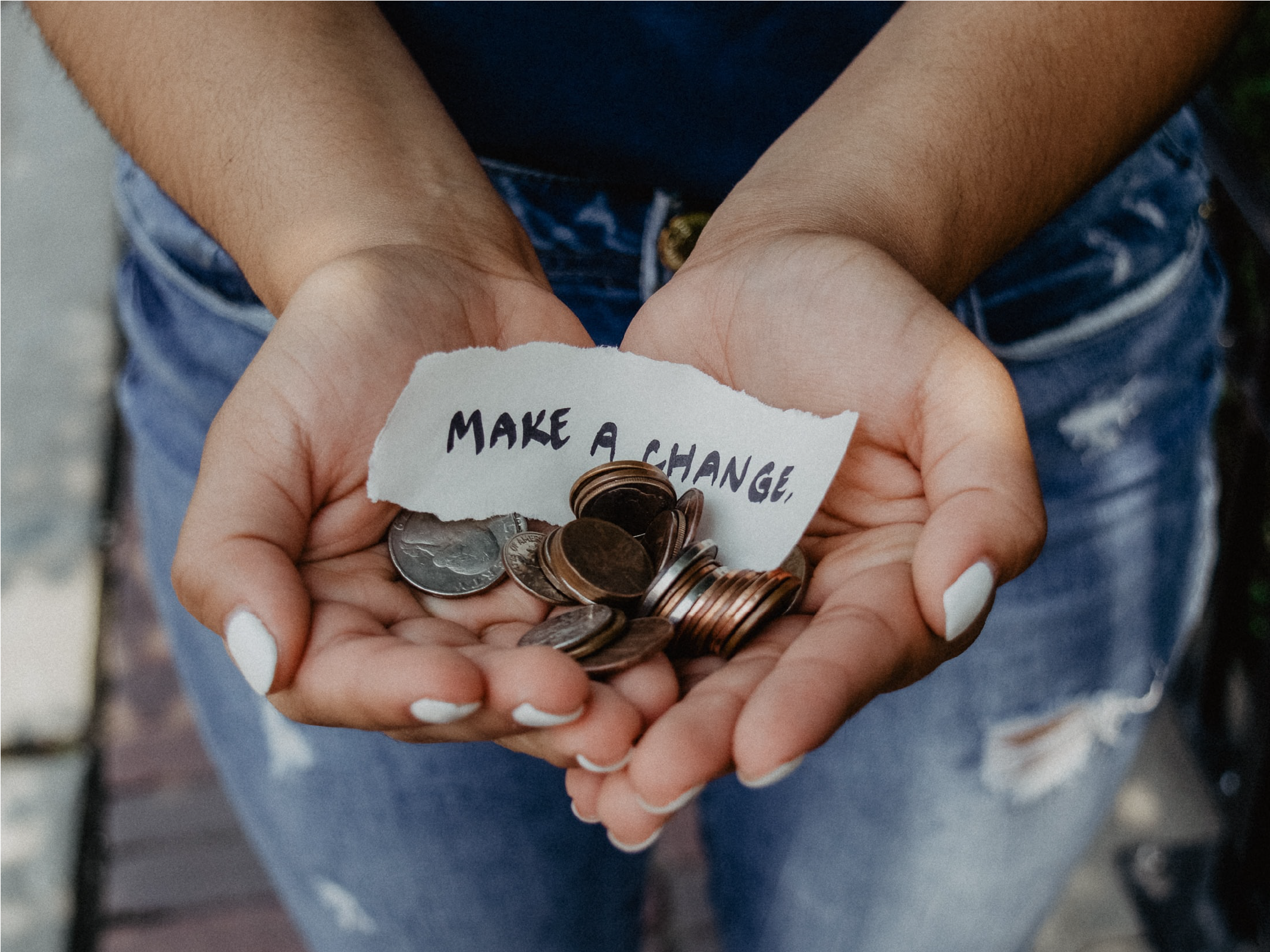About this course
This is a free, self-paced online course.
Could Oxford University use human rights to stop an Indian medical student copying part of their textbook? Or is HBO violating fans' human rights when they delay the international release of their latest episode?
Human rights are individuals’ most important rights. They protect rights to access education, free speech and even a right to access the internet. But when it comes to their relationship to copyright, new questions emerge.
In this course you will learn that human rights can protect copyright, but they also protect a range of other rights, including the right to participate in cultural life and access scientific progress. However, problematically, these rights are not directly addressed in international copyright regimes that most states have agreed to observe. Does this mean that human rights can’t be protected through copyright? Or is it possible for all these rights to coexist? Some might argue we are in the middle of a clash of rights.
Your starting point will be to examine the role of human rights in protecting copyright and education. You will consider justifications for copyright and the limited human rights protection that exists for authors. A key discussion point will be the important decision in the copyright infringement suit brought by major academic publishers against the Rameshwari Photocopy Service and the University of Delhi.
This discussion will allow you to better understand the way in which copyright has a range of different impacts depending on the level of development reached in the country where copyright is protected. This decision also highlights the importance of exceptions to copyright.
You will develop a nuanced understanding with regards to the importance of copyright exceptions in support of the human right to education.

















